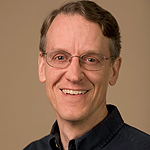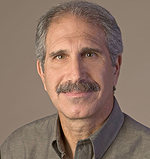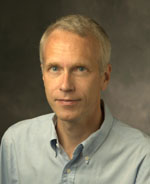May 9, 2011 - By Susan Ipaktchian

David Kingsley
Three medical school faculty have been elected as members of the National Academy of Sciences for their excellence in original scientific research. They are among the eight new members from Stanford who will be inducted into the academy next April. The academy has more than 2,000 active members.
The new members from the medical school are:
David Kingsley, PhD, professor of developmental biology and a Howard Hughes Medical Institute investigator. He uses a variety of genetic, cellular and molecular approaches to study how new traits evolve in populations of vertebrates.

Robert Malenka
Robert Malenka, MD, PhD, the Nancy Friend Pritzker Professor in Psychiatry and Behavioral Sciences, and director of the Nancy Friend Pritzker Laboratory. His research involves the study of neuroplasticity and the molecular events that affect it. He also studies the effects of drugs such as cocaine and amphetamines affect synaptic activity.
Brian Kobilka, MD, professor and chair of molecular and cellular physiology. Kobilka, who is also a professor of medicine, studies several aspects of the biology of adrenergic receptors. Adrenergic receptors form the interface between the sympathetic nervous system and the cardiovascular system and play a critical role in the regulation of cardiovascular function.

Brian Kobilka
The National Academy of Sciences is a private, nonprofit society engaged in scientific and engineering research, dedicated to the furthering science and technology and to their use for the general welfare.
Established in 1863, the academy has served to “investigate, examine, experiment and report upon any subject of science or art” whenever called upon to do so by the government.
About Stanford Medicine
Stanford Medicine is an integrated academic health system comprising the Stanford School of Medicine and adult and pediatric health care delivery systems. Together, they harness the full potential of biomedicine through collaborative research, education and clinical care for patients. For more information, please visit med.stanford.edu.